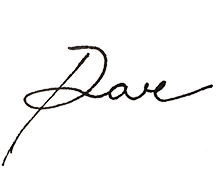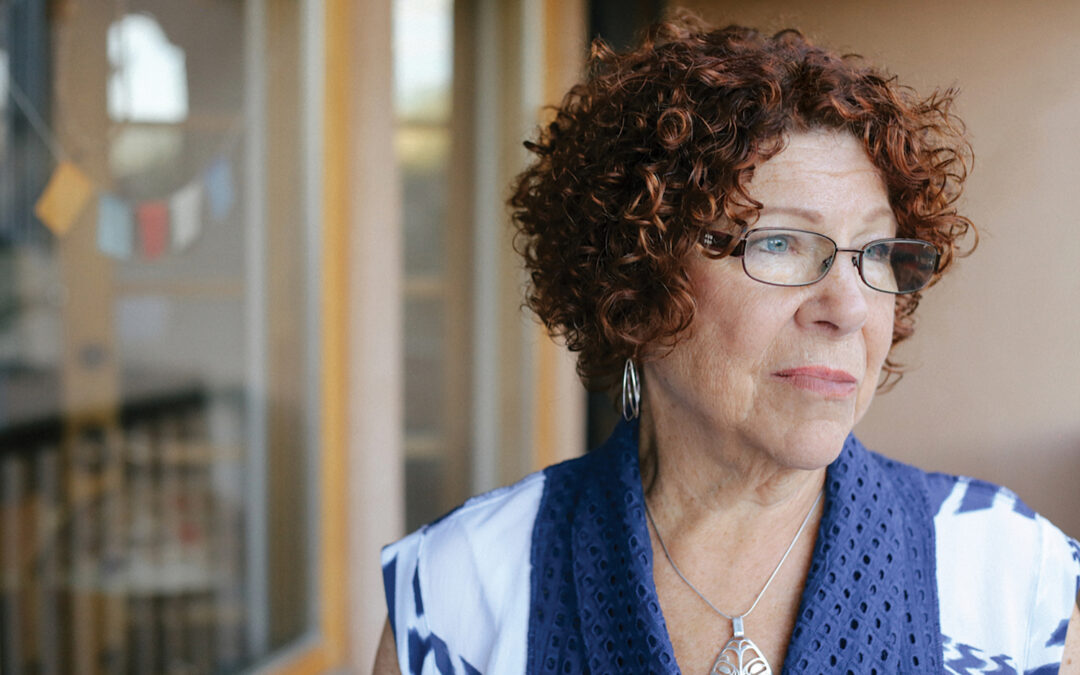“Is my podcast over?”
This half-worried, half-earnest thought crossed my mind somewhere in the middle of my most recent interview on The New Story Is, my podcast, which streams for free wherever you get podcasts. What I heard made me quietly wonder to myself, “Am I hearing ‘the end’ to the question I have been trying to answer?
I was speaking with best-selling author, Margaret Wheatley, who is a revered thought leader, leadership expert, and teacher who, in between helping develop organizations and communities on 6 continents across her 55+ year career, has sat on stage with the Dalai Lama and co-led workshops with Pema Chodron.
As recently as 30 years ago, Ms. Wheatley was writing about how we can save the future of our world by radically shifting our understanding of “leadership” through an alternative lens: one less rooted in toxicity and power-hunger and more based on naturalistic, organic, and sustainable approaches to creating holistic change, based on ideas like systems theory and chaos theory, among other cutting-edge scientific understandings of the universe.
Fast-forward to my interview, recorded just a couple of weeks ago.
Imagine my reaction when I heard Ms. Wheatley tell me:
“My great idealism [30 years ago]… assumed that ideas change the world. That’s the false assumption of my early work.”
Ms. Wheatley went on to say, “I’ve always known that we could do [leadership] differently. We could do it better. But we’re not going to.”
Wait. What?
//
It has only been one year since The New Story Is, my podcast, was relaunched with a new missive and purpose: to explore the big stories, perceptions, and ideas that influence our perceptions of ourselves and the world around us.
A far cry from the podcast’s original purpose when it was named “Written, Spoken” — then, a simple creative experiment with voice and words in which stories came to life “in the voices of the writers who wrote them” — today, the show begs questions that intersect our individual journeys with those of the collective:
What stories have come to shape our understanding of the world today, as we know it?
From where, socially, culturally, and in between, have these stories originated? And what impact do they have on us?
Beyond my lifelong hunger to better understand the human condition, what moves us, and what motivates us, the purpose of The New Story Is is to help listeners reveal the invisible patterns, ideas, expectations, and beliefs that comprise our storied lives: the stories of the lives that we write, ourselves, and the stories that we write, in community, together.
Flash forward one year.
Across the last twelve months, I’ve had the pleasure of interviewing best-selling authors and storytellers, advocates and mental health experts, nationally-recognized consultants, leaders, and even the president and CEO of Consumer Reports.
You could easily say that the work of exploring the “ideas, stories, and beliefs” that shape our perception of ourselves, and the world itself, could last well beyond one single lifetime.
So, how did I suddenly find myself wondering if the podcast was “over”?
It was the brain-breaking conversation with Margaret Wheatley that touched on a very controversial —and potentially quite triggering — topic of “societal collapse,” which is a historical social study of the patterns of downfall that mark the end of once-dominant societies throughout known history.
Spoiler alert: Meg Wheatley thinks that we’re there, dangling on the precipice of irreversible collapse… Exactly where most of us fear we are, but hope to hell we aren’t.
If the fear that so many of us carry — that things are actually, really spiraling to a place we don’t want — is true… what do we do with that?
What do we do about it?
The answer is not “nothing”.
Our conversation starts to touch on some of what the answer could be — for each of us, individually, and for us all, communally and collectively.
I highly recommend you go and give the full interview a listen, for yourself:
You can listen to the interview on The New Story Is website now.
You can stream the interview on Apple Podcasts and Spotify now, too.
(Also, please subscribe and follow the show so that you don’t miss new episodes! If you’re feeling generous, please leave us a nice rating and review on Apple Podcasts and Spotify — it helps others find the show and supports our work!)
Based on how “big” and heady this interview was, I am planning to record a solo-pod episode to break down some of the ideas, insights, and more to this interview, and use my initial reaction (“Is my podcast over?”) as an example of what happens when we, as humans, usually react to extreme stress, hopelessness, and severe doubts.
Facing “the end,” as it turns out, can be a really powerful lesson in understanding how we react to any source of stress or anxiety in our lives.
And, as I have learned — as Ms. Wheatley would tell you, herself — how we react is more within our choice and power than it is destiny or fate, beyond our participation.
Even when facing oblivion, we remain the authors of the stories of our lives.
Have a listen to this powerful interview, and let me know what it brought up for you by replying here.
Breathe deep, stay grounded, and feel assured: the work is only still just beginning.

